Religion: Spirituality and Religious Life
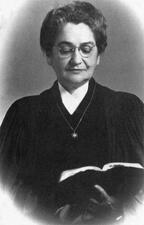
Paula Ackerman
Paula Ackerman took over leadership of her husband’s synagogue after his death in 1950, when the congregation insisted on her appointment. For the next three years, Ackerman was the first woman to serve as religious leader of a mainstream American congregation, helping to pave the way for the ordination of women rabbis twenty years later.
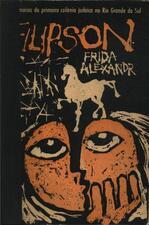
Frida Alexandr
A Brazilian-born daughter of immigrants, Frida Alexandr was the only woman writer to describe Jewish cowboys in Brazil from the viewpoint of one who lived among them. Her only published book was the novel Filipson, which chronicled the lives and episodes of the farm where she was born in 1906 and spent two decades of her life.
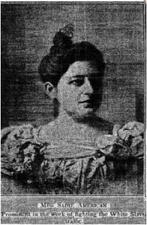
Sadie American
Forceful, dedicated, and brash, Sadie American shaped the National Council of Jewish Women for more than twenty years before resigning and severing all ties with the organization. As one of the Council’s founders, American organized local sections and represented the group nationally and internationally, generally building up the organization.
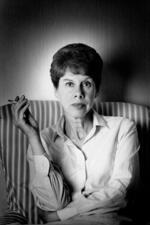
Anglo-Jewish Writers in the Twentieth and Twenty-First Centuries
Anglo-Jewish women writers have been active creators within the British literary arena since the late nineteenth and early twentieth century. The 1960s and 1970s saw the emergence of a number of Jewish female voices, although it was not until the 1990s that the works of Jewish women writers began to be recognized as part of the British literary canon. Anglo-Jewish women writers’ multifaceted perspectives are reflected in a literary production characterized by experimentation and fragmentation.
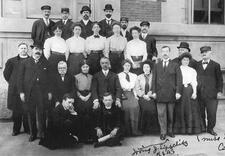
Assimilation in the United States: Nineteenth Century
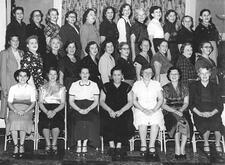
Assimilation in the United States: Twentieth Century
Jewish women assimilating into a changing American society across the twentieth century navigated often conflicting gender roles. As they strove to achieve upward social mobility, they adapted Jewish assumptions of what women, especially married women, should do to accommodate American norms for middle class women. Their collective accomplishments registered in political activism, organizational creativity, strong support for feminism, religious innovation, and educational achievement in the face of antisemitism, stereotypes, and denigration.
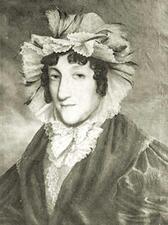
Australia: 1788 to the Present
The first Jewish women, like the first Jewish men, arrived in Australia on the very first day of European settlement in 1788. Those convict pioneers were followed by free settlers who made Jewish communal and congregational life viable and helped to develop the vast continent. Jewish women have made significant contributions to Australia's national story.
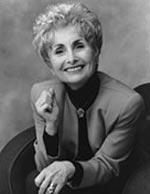
Ba'alot Teshuvah: Jewish Women Who Become Orthodox
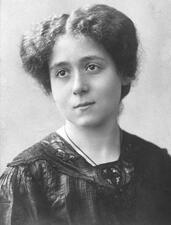
Bertha Badt-Strauss
A religious German-Jewish writer, intellectual, and ardent Zionist, Bertha Badt-Strauss was one of the first women to earn a doctoral degree in Prussia. She was a prolific writer, publishing hundreds of articles over the course of her lifetime, and was very involved in the “Jewish Renaissance” cultural movement. She was dedicated in particular to illuminating the diverse experiences of Jewish women past and present.
Baraita de-Niddah
A rabbinic text about the ritual laws relating to menstruation, Baraita de-Niddah has a mysterious origin and an unknown impact on the interpretation of Jewish law about menstruation.
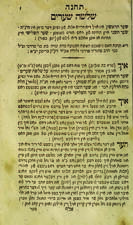
Sarah Bas Tovim
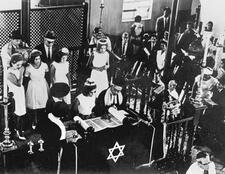
Bat Mitzvah: American Jewish Women
When Judith Kaplan Eisenstein became the first American girl to mark her bat mitzvah on March 18, 1922—two years after women were guaranteed the right to vote in the US—she recalled “shock[ing] a lot of people,” especially her disapproving grandmothers. Today, American girls across the Jewish spectrum, from secular to ultra-Orthodox, mark their coming-of-age in various forms.
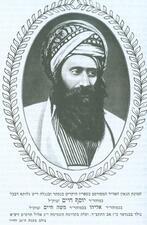
Ben Ish Hai
The Ben Ish-Hai, R. Joseph Hayyim b. Elijah, was a well-known Baghdadi Torah scholar. He wrote many responsa and halakhic books, which included his rulings on women’s halakhot.
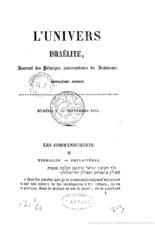
Julienne Bloch
Julienne Bloch was a writer and educator who used her career to strengthen the Jewish community in nineteenth-century France by pushing back against the assimilation and secularization of her fellow French Jews, especially Jewish women.
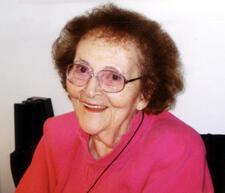
Hadassah Blocker
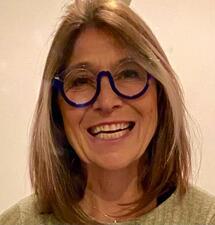
Analía Bortz
Analía Bortz is the first Latin American woman ordained as a Conservative rabbi. Her approach to spirituality and religion combines with her medical training. As a doctor specializing in bioethics, she has also helped women and couples with fertility issues.
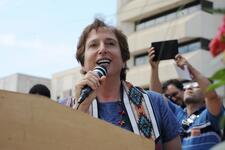
Deborah Brin
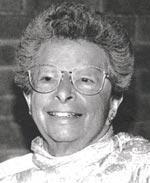
Ruth F. Brin
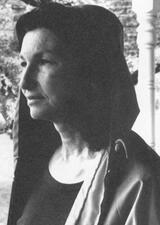
Esther M. Broner
A novelist, playwright, and ritualist, Esther M. Broner emerged on the literary scene in the early 1970s as a leading feminist writer. Her novels feature bitter, fearless, and funny characters. In other works, Broner has combined autobiography with feminist critique of Jewish tradition and created new rituals, such as her 1976 “Women’s Haggadah.”

Jewish Women in the Cairo Genizah
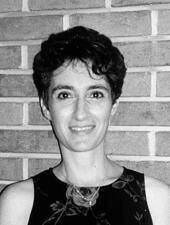
Nina Beth Cardin
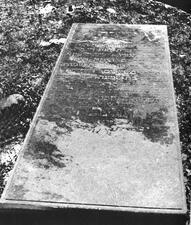
Caribbean Islands and the Guianas
Women were among the earliest settles in the Dutch and English Caribbean. Early Caribbean Jewish women, despite living in patriarchal societies, still managed to engage in public pursuits. As Caribbean Jewish communities became increasingly racially blended over time, women of color became some of the most definitive architects of distinctly Creole Caribbean Jewry.
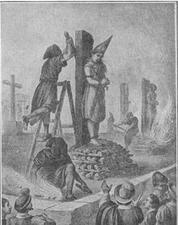
Women of the Carvajal Family
The devotion of the Carvajal women to forbidden Jewish practices helped their family become the most famous Hispano-Portuguese secret Jews of colonial Latin America. The determination of these conversas, or New Christians, to create a recognizable Jewish identity shows the importance of women to crypto-Judaism at a time when the Inquisition of Spain and its territories prosecuted this belief system as heresy.
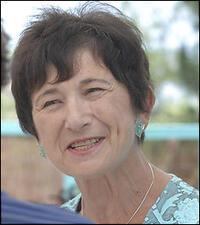
Ruth Fredman Cernea
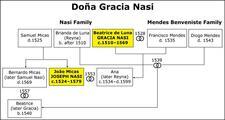
Conversas
After the establishment of the Inquisition in 1478, observance of crypto-Judaism became dangerous and more difficult. Women were at the center of Judaizing efforts, since the home was the only remaining institution in which one could observe Jewish law. Crypto-Jewish women most frequently observed the Sabbath and dietary laws.


